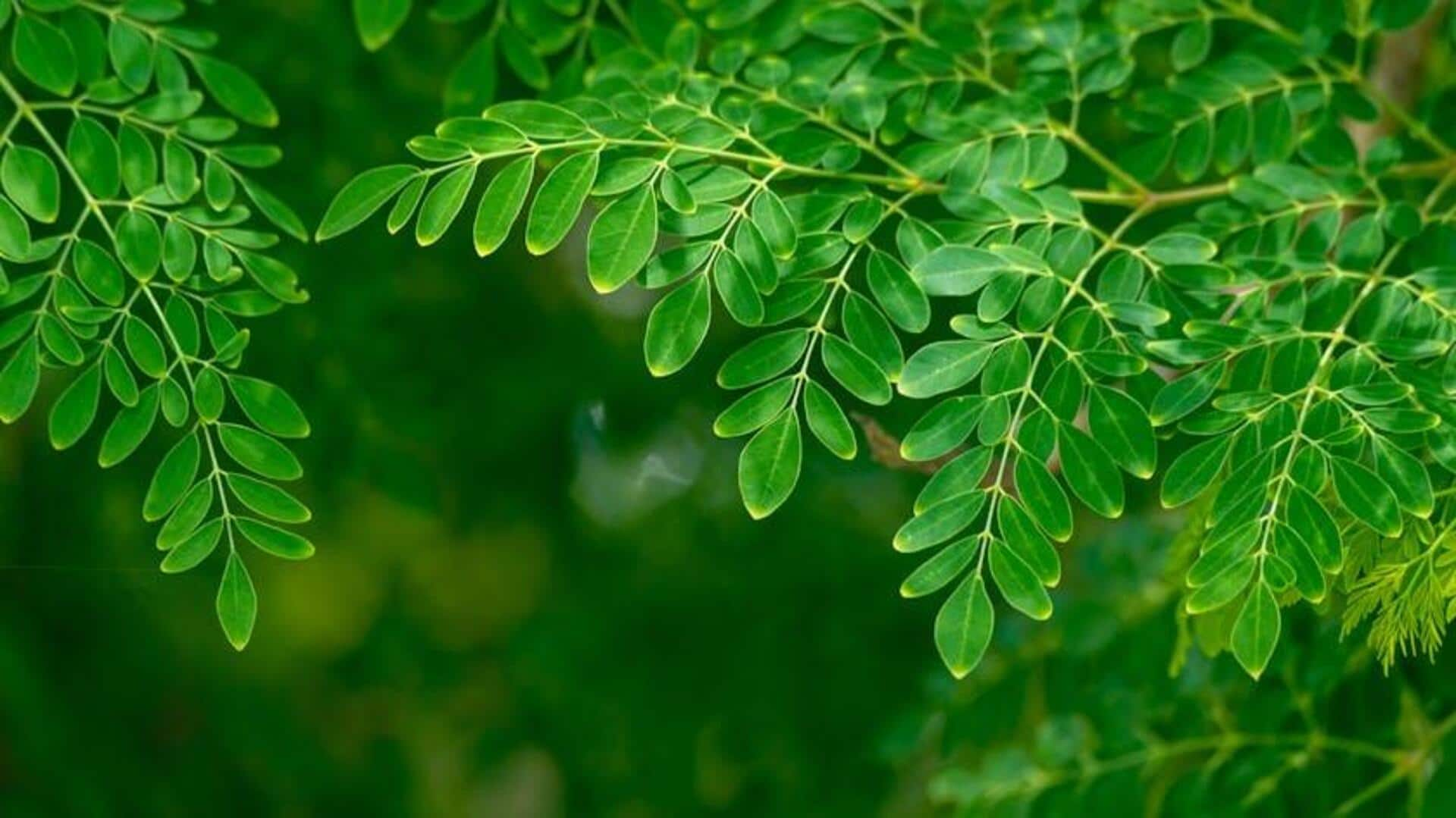
Here's why you should add moringa to your daily routine
What's the story
Often dubbed Africa's super green, moringa is making waves for its incredible nutritional profile and health benefits. The plant, native to parts of Africa and Asia, is loaded with essential vitamins and minerals. Its leaves are packed with antioxidants, which may help protect against oxidative stress. As more people look for natural ways to improve their wellness, moringa makes a versatile option worth trying.
Nutrients
Nutrient-rich powerhouse
Moringa leaves are a powerhouse of nutrients. They are loaded with high amounts of vitamin C, vitamin A, calcium, potassium, and protein. These nutrients serve important functions in keeping us healthy by promoting immune function and bone health. The presence of iron in moringa also makes it a good option for those looking to increase their iron intake naturally.
Antioxidants
Antioxidant properties
The antioxidant properties of moringa come from compounds like quercetin and chlorogenic acid present in its leaves. These antioxidants help neutralize free radicals in the body which may lead to cellular damage over time. By including moringa in your diet, you may support your body's defense against oxidative stress.
Blood sugar
Potential blood sugar regulation
Studies suggest moringa might regulate blood sugar, courtesy of its insulin-like proteins and isothiocyanates. These elements may prove useful for people controlling diabetes or those at risk of getting it. Adding moringa to your diet regularly could help you maintain normal blood glucose levels, providing a natural way to control blood sugar.
Culinary uses
Versatile culinary uses
Moringa can be easily added into various dishes, thanks to its mild flavor profile. The leaves can be dried into powder form for smoothies or teas, or fresh leaves can serve as an excellent addition when cooked with vegetables or grains like rice or quinoa. This way, you get both nutrition and taste enhancement without overpowering other ingredients' flavors.